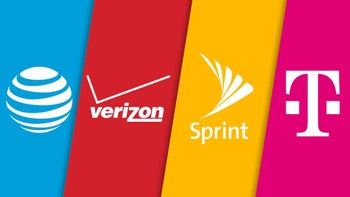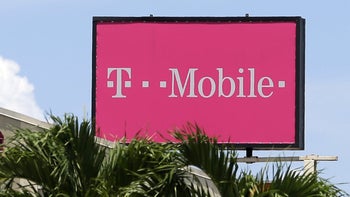Satellite blasts off to test 6G data speeds that are 100 times faster than 5G

In the U.S. and around the world, we've barely scratched the surface when it comes to 5G. The next generation of wireless connectivity will eventually help create new industries with its faster data speeds and low-latency working to improve the quality of life. But we are not even close yet to enjoying the benefits of 5G throughout the U.S. While all three major stateside carriers offer nationwide 5G, they use low-band signals to do so. While these signals travel long distances, the data speeds barely surpass LTE speeds. It isn't until you start getting to mid-band and high-band mmWave signals that the speeds start picking up. So if you're looking at the eventual distribution of high speed 5G, we're very early in the game.
China starts testing 6G with the launch of a new satellite
The race to faster wireless speeds isn't just so you can download The Queen's Gambit in seconds on your phone instead of in minutes. It also will improve a country's security and economic well being. And that is why some U.S. officials are not happy to hear that China is taking the first steps toward developing and creating a 6G wireless network. According to the NY Post, a satellite named "Star Era-12" has quietly been shot into space which is the only place where its super high-frequencies can be tested. Thyagarajan Nandagopal of the National Science Foundation (NSF) told the Post that the high bands deployed by the satellite get lost easily in the air. Nandagopal also said that he estimates that the satellite can achieve download data speeds ranging from 100 to 500 Gbps. For the mobile naive, that range is more than 100 times faster than 5G which itself is up to 100 times faster than 4G; in other words, 6G connectivity will be wicked fast.
Professor Tommaso Melodia, who heads Northeastern University’s Institute for the Wireless Internet of Things, says that 6G will allow a phone to download a high-res version of a movie in only 8 seconds and 1,500 high-def photos in less than a minute. 6G, he notes, will also improve health care as it will allow a surgeon based in New York to control a robot performing an operation on a patient lying on an operating room table in California. Melodia says that the U.S. isn't too late to join the 6G race and NSF's Nandagopal says that the U.S.government shouldn't be wringing its hands over China's apparent lead in 6G. Still, Professor Melodia fears that the U.S. has been distracted by other technologies and shouldn't lose its focus on communications. He says, "My honest impression is that we got excited with other things like artificial intelligence and software advances like the Cloud. We took wireless as a given and now realize because of the pandemic that our entire economy depends on communications research. We can’t take it for granted — China hasn’t."
China took the lead on 5G and is looking to repeat that task with 6G according to NYU global affairs expert Pano Yannakogeorgos. While China has yet to be named the 6G winner, it could follow the same game plan it used for 5G. He points out that China had set a five-year roadmap to build out 5G and followed it which allowed the country to become what he calls the "King" of 5G. Yannakogeorgos compares China's telecommunications lead to the U.K.'s leadership in telegraph communications during the 19th Century. He also told the Post that "He or she who controls the network controls the world."
Yannakogeorgos is worried that China's early 6G lead will lead the U.S. and Europe to create their own 6G standards. He remembers that in the early days of 3G, differences in the standards used in the states and elsewhere prevented U.S. phones from working in other countries and vice versa.
ICYMI: China launched the world's first 6G satellite into orbit, to test the technology which could be more than 100 times faster than 5G, according to CGTN, China's state-owned media pic.twitter.com/l2FMSVcKDI
— Reuters (@Reuters) November 14, 2020
We are still years away from hearing about 6G connectivity, but that doesn't mean that the U.S. and other countries shouldn't start the ground work for the future.













Things that are NOT allowed: